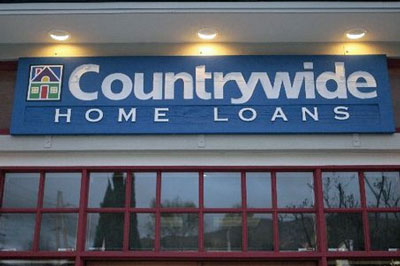Fourteen banks are reportedly nearing a $10 billion settlement with banking regulators over the banks’ past involvement in foreclosure mishandlings that included faulty paperwork and excessive fees, The New York Times reports.
About $3.75 billion of the reported settlement would go to aid home owners who lost their homes to foreclosure — more than double what was set aside from a $26 billion settlement reached in 2012 among the state attorneys general and five of the nation’s largest banks.
The majority of the money from the latest settlement would go to help home owners struggling to make their payments and remain in their homes, such as with aid like loan modifications or lowering the amount of principal on their mortgages.
Banks have faced several settlements with government officials and home owners in recent months that have aimed to hold them accountable for the 2008 financial crisis and subsequent housing slump. From 2007 to early 2012, four million Americans faced foreclosure.
“It’s certainly a victory for consumers and could help entire neighborhoods,” Lynn Drysdale, a former co-chairwoman of the National Association of Consumer Advocates, told The New York Times about the latest proposed settlement. “But the devil, as they say, is in the details, and for those people who have had to totally uproot their lives because of eviction it may still not be enough.”
The same banks involved in the $26 billion mortgage settlement–JPMorgan Chase, Bank of America, Wells Fargo, Citigroup and Ally Financial — also are included in this recent settlement, The New York Times reports.
Sources: “Settlement Expected on Past Abuses in Home Loans,” The New York Times (Dec. 30, 2012) Daily Real Estate News
Related articles
For all your real estate needs
Email or call today:
John J. O’Dell Realtor® GRI
Civil Engineer
General Contractor
(530) 263-1091
Email jodell@nevadacounty.com
DRE#00669941











